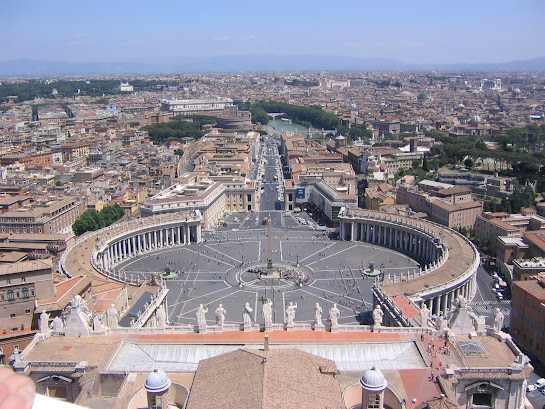(Hebei province, China) Chinese authorities forcibly demolished a gathering venue for a Catholic church in Shijiazhuang, Hebei province. The church had refused to join the Chinese Patriotic Catholic Association. The bishop of the diocese revealed that more than 100 local priests had registered to join the patriotic association under the threat of the authorities.
On June 27, local government workers in Luancheng district, Shijiazhuang, Hebei province, secretly dismantled the site for gathering used by the underground church while Bishop Dong Baolu of the diocese was undergoing a hospital examination. Earlier, in mid-June, authorities in Hebei threatened Bishop Dong to join the official Chinese Patriotic Catholic Association, or their church would be banned.
“There was no resistance from the church members, they had been there for so many years, and I am the one who has to take on this heavy responsibility. I can’t let the church members bear this burden.” Dong Baolu said in an interview with Radio Free Asia. No church members were taken away during the forced demolition.
Bishop Dong Baolu belongs to the underground church of the Catholic Diocese of Zhengding, Hebei, which has refused to join the Patriotic Association. While Chinese authorities have threatened local Catholic priests, they have been forced to join the official Catholic Patriotic Association.
“Almost all of us in the Zhending diocese obtained permission and signed the agreement; therefore, I am the only one left. Out of the 100 priests, I am the only one left; so I believe they will not just let me be.” Bishop Dong Baolu revealed.
Chinese authorities implemented the Measures on the Management of Religious Clergy on May 1 last year, stipulating that religious clergy and religious activity sites must be registered with the Religious Affairs Bureau and that religious clergy must go through authentication by Chinese authorities before being issued a license; in accordance with the law, religious affairs departments must conduct administrative management with religious clergy.
To quote Dong Baolu, the current situation faced by local churches is related to the agreement signed between China and the Vatican. He said, “the China-Vatican agreement does not officially support the underground (churches). The policy is that people are getting sleepy (tired), and you hand them a pillow just at the right time; the Vatican has given people this opportunity to go underground, and the government would be a fool not to grab onto this opportunity. If the Chinese government doesn’t bother you, who will.”
The details of the China-Vatican agreement, signed in September 2018, were never released to the public, and all that is known to the outside world is that the provisional agreement is renewed every two years. The secret agreement has been controversial since it was signed. In a recent interview with Reuters, Pope Francis expressed that even though the agreement between China and the Vatican is not ideal, he still hopes to renew it.
~Gao Zhensai, ChinaAid Special Correspondent
